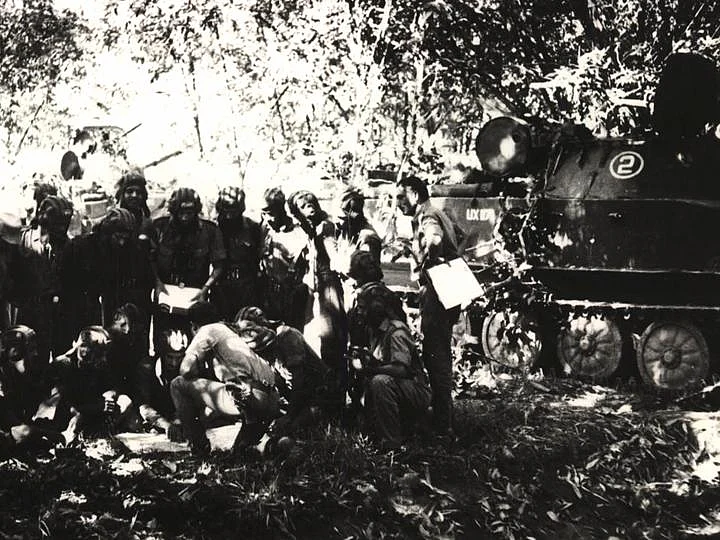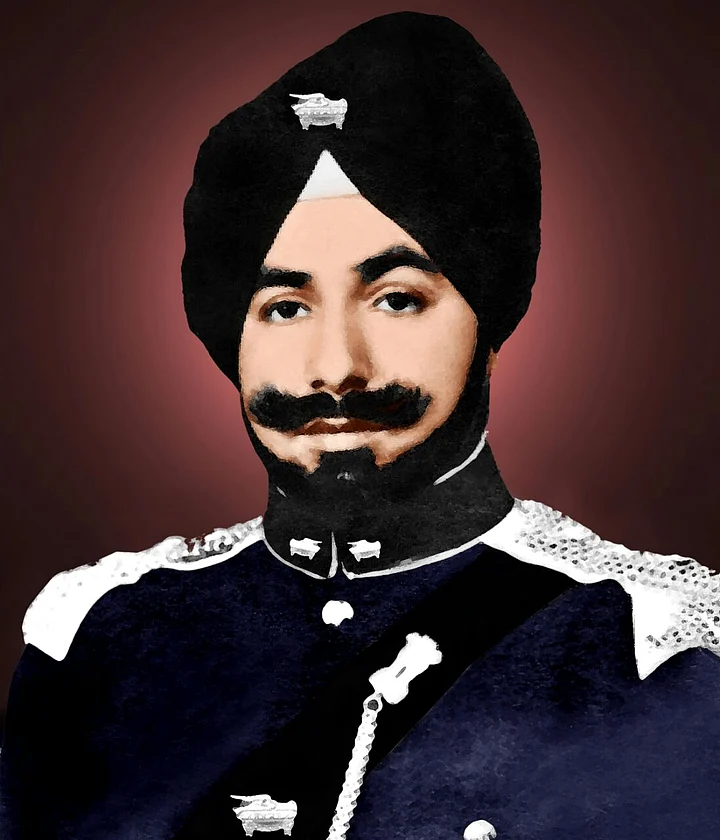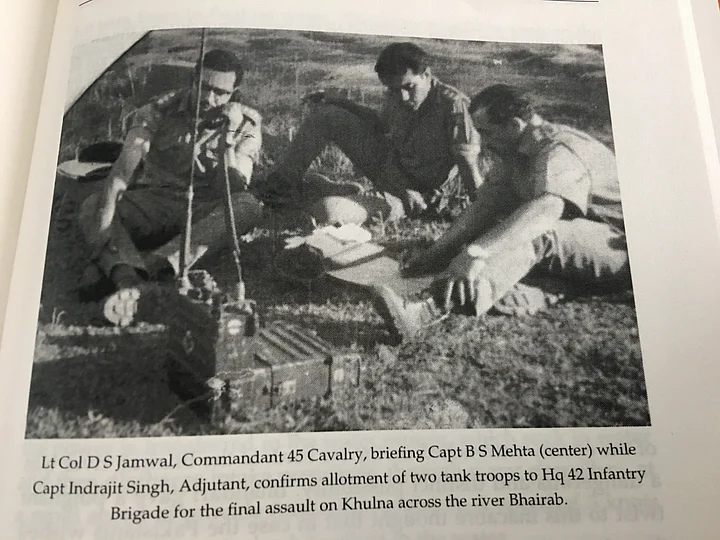(This story was first published on 21 November 2017 and has been reposted from The Quint’s archives in light of the release of the first look of Ishaan Khattar-starrer 'Pippa' – a film based on the Battle of Garibpur.)
The December 1971 war between India and Pakistan over the liberation of Bangladesh has been discussed and dissected widely. But, what may still not be known to many is that there was a battle fought 12 days before the war officially began, which is said to have influenced the outcome of the war in India’s favour.
This was the Battle of Garibpur, fought between the two countries on 21 November 1971 in Bangladesh near the International Border, and was won decisively by India.
Forty-six years on, The Quint spoke to two army veterans who were part of the Battle of Garibpur, and who displayed exemplary courage, tenacity, and presence of mind to ward off the threat by Pakistan.
Brigadier Balram Singh Mehta was the second in command (2IC) of Squadron 45 Cavalry, which fought the battle along with the 14 Punjab Battalion. Alongside Brigadier Mehta was Colonel TS Sidhu – a troop leader in the squadron who severely injured his legs from tank fire.
What Happened During the Battle of Garibpur?
On the night of 20 November 1971, the 14 Punjab Battalion, as well as the Squadron 45 Cavalry comprising PT 76 tanks, reached Garibpur village after crossing the Kabadak river, against the backdrop of an intensifying Bangladesh liberation movement and talks of an impending full-scale war between India and Pakistan.
The next morning at dawn, the Indian forces came under attack from a Pakistani infantry battalion and the 3 (Independent) Armoured Squadron, comprising of the American-made M24 Chaffee tanks.
Ultimately, the Indian side registered an overwhelming victory over the Pakistani forces. It is, in fact, said that eight Pakistani Chaffee tanks were destroyed and three others were captured, while the Indian side lost only two PT 76s.
Giving a sense of what happened during the battle, Brig Mehta says:
“When the word came that our Squadron Commander Major Narag was martyred, my tank’s gun started malfunctioning and could not fire... And then suddenly, three Chaffee tanks came in front of us. We ultimately destroyed one of them and saw its driver coming out. My gunner asked my permission to fire (at him). But I didn’t let him do it. When he was later brought as a prisoner of war, he thanked us for the cup of tea.”
Meanwhile, Colonel Sidhu saw death at close quarters when his tank came under fire from the enemy forces.
“One of the enemy tanks opened fire and shot me as well as my tank. My gunner died. The rest of the crew came out and started crawling back to our positions. I waved a white handkerchief at our own infantry while crawling back so that they don’t shoot me. I had around 200 splinters in my leg and could not walk. My face was absolutely white.”Colonel TS Sidhu
Was the Battle Instrumental in Pakistan's Surrender on 16 December?
The veterans of the Garibpur battle unequivocally assert the significance it had in giving India an upper-hand in the full-blown war that was fought in December, which ultimately led to Pakistan General AAK Niazi signing the Instrument of Surrender on 16 December 1971.
Brig Mehta goes on to say that the war could have ended right after the Battle of Garibpur was fought.
“If the government had given us permission on that day (the day the Battle of Garibpur was won), we would have driven up till Jessore (Bangladesh) and brought the war to an end.”Brig Mehta
Despite its significance in winning India a key war, the references to the Battle of Garibpur remain few and far between. However, Brig Mehta and Colonel Sidhu recount it with the clarity that make it seem it happened only yesterday.



.jpeg?auto=format%2Ccompress&fmt=webp&width=720)